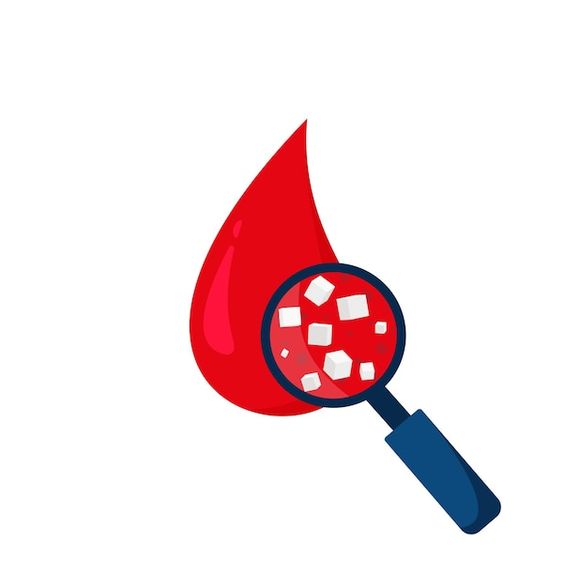Introduction:
Gestational diabetes is a type of diabetes that develops during pregnancy. It affects how your body uses sugar (glucose) and can cause high blood sugar levels that can affect your pregnancy and your baby's health.
While it can seem alarming, gestational diabetes is manageable. With careful monitoring and treatment, you can help keep your blood sugar levels in a healthy range. This, in turn, helps protect your health and ensure the well-being of your baby.

This comprehensive blog post will delve into the causes, diagnostic procedures, and treatment options associated with gestational diabetes.
What Causes Gestational Diabetes?
The placenta is an organ that develops in your uterus during pregnancy. It plays a critical role in providing nutrients and oxygen to your growing baby. However, the placenta also produces hormones that can block the action of insulin in your body. Insulin is a hormone that helps your body use glucose for energy. When your body can't use insulin properly, your blood sugar levels can rise, leading to gestational diabetes.
Several factors can increase your risk of developing gestational diabetes, including:
- Family history of diabetes: You are at a higher risk if you have a parent or sibling with type 2 diabetes
- Age: The risk increases as you get older, particularly for women over 25
- Obesity: Being overweight or obese increases the likelihood of insulin resistance
- Ethnicity: Certain ethnicities, such as African Americans, Hispanic Americans, American Indians, and Asian Americans, have a higher predisposition
- Previous gestational diabetes: If you had gestational diabetes in a prior pregnancy, you are more likely to develop it again
- Polycystic ovary syndrome (PCOS): PCOS is a hormonal disorder that often leads to insulin resistance
How is Gestational Diabetes Diagnosed?
Gestational diabetes is typically diagnosed through a glucose tolerance test that is usually performed between 24 and 28 weeks of pregnancy. This test involves drinking a sugary drink and having your blood sugar levels checked one hour later.
If your blood sugar levels are higher than normal, you will need to have a longer glucose tolerance test to confirm the diagnosis. This test involves fasting overnight and then having your blood sugar levels checked before and after drinking a sugary drink.





